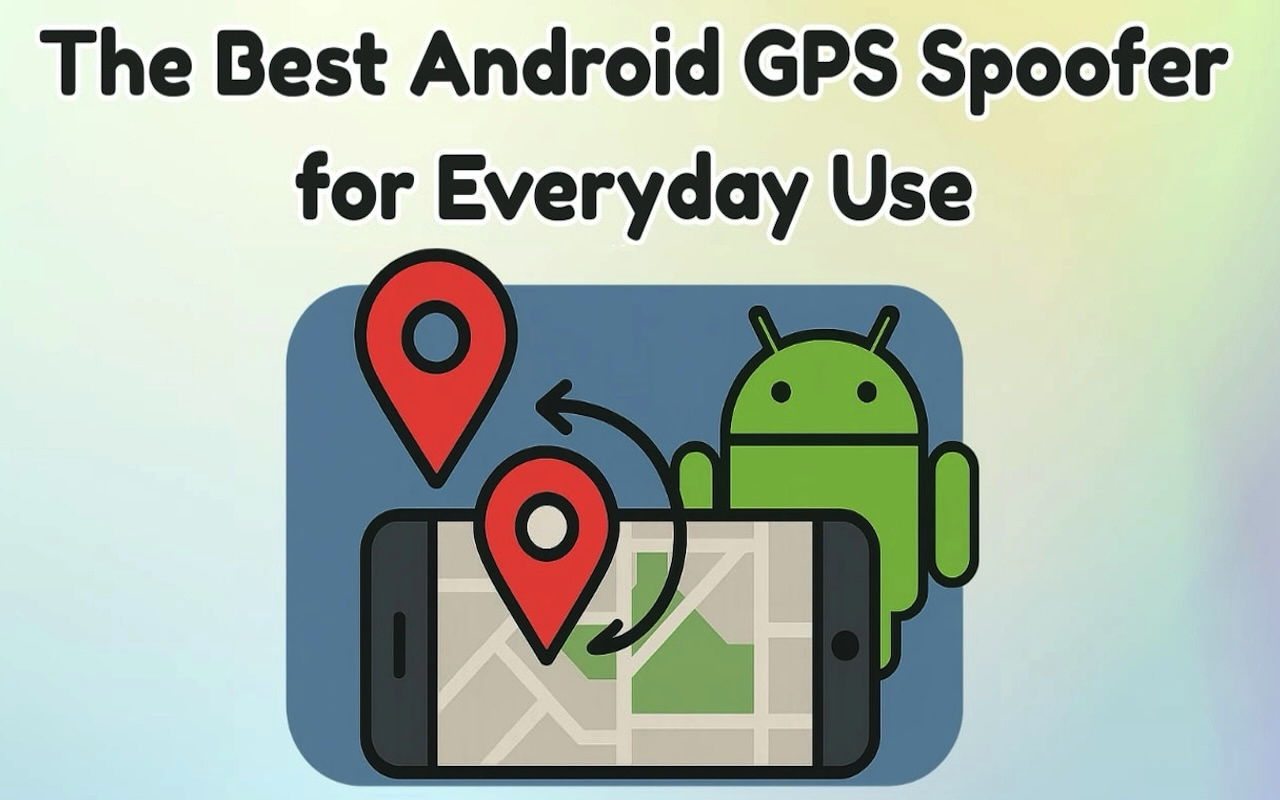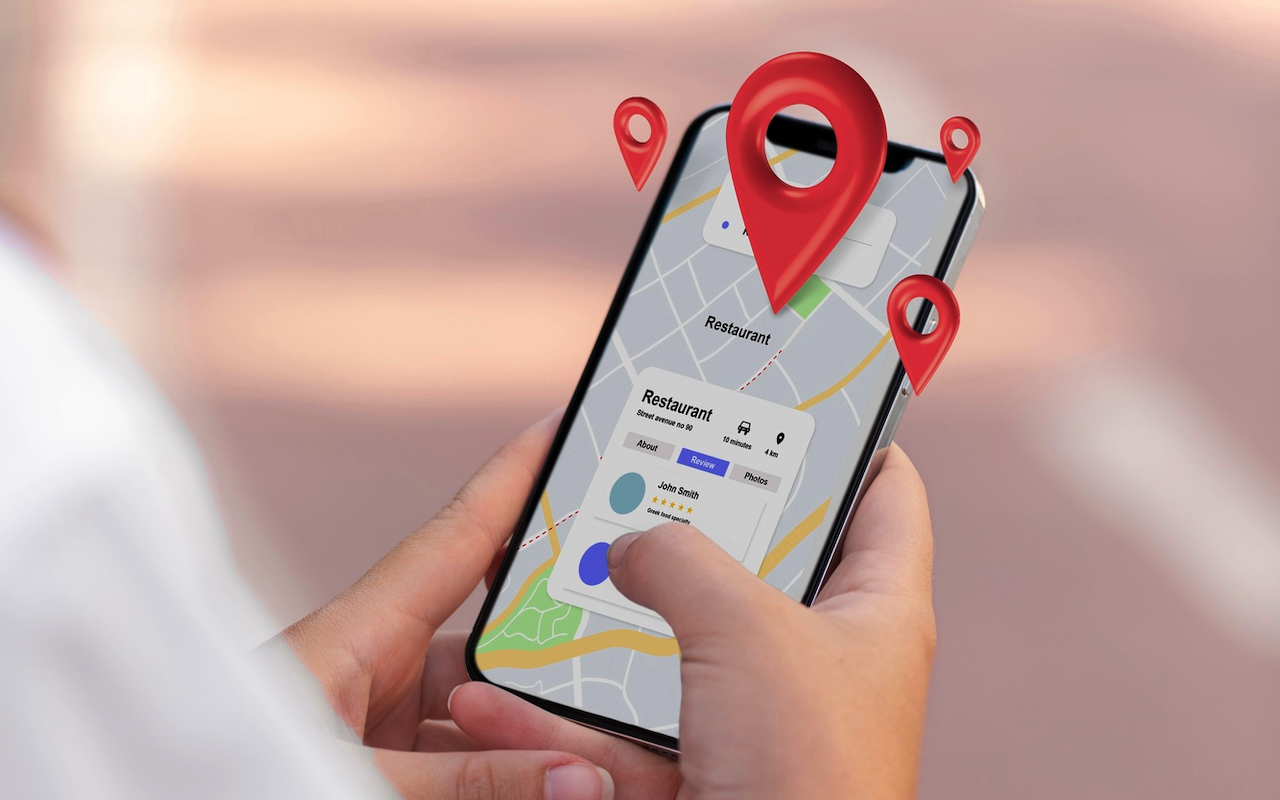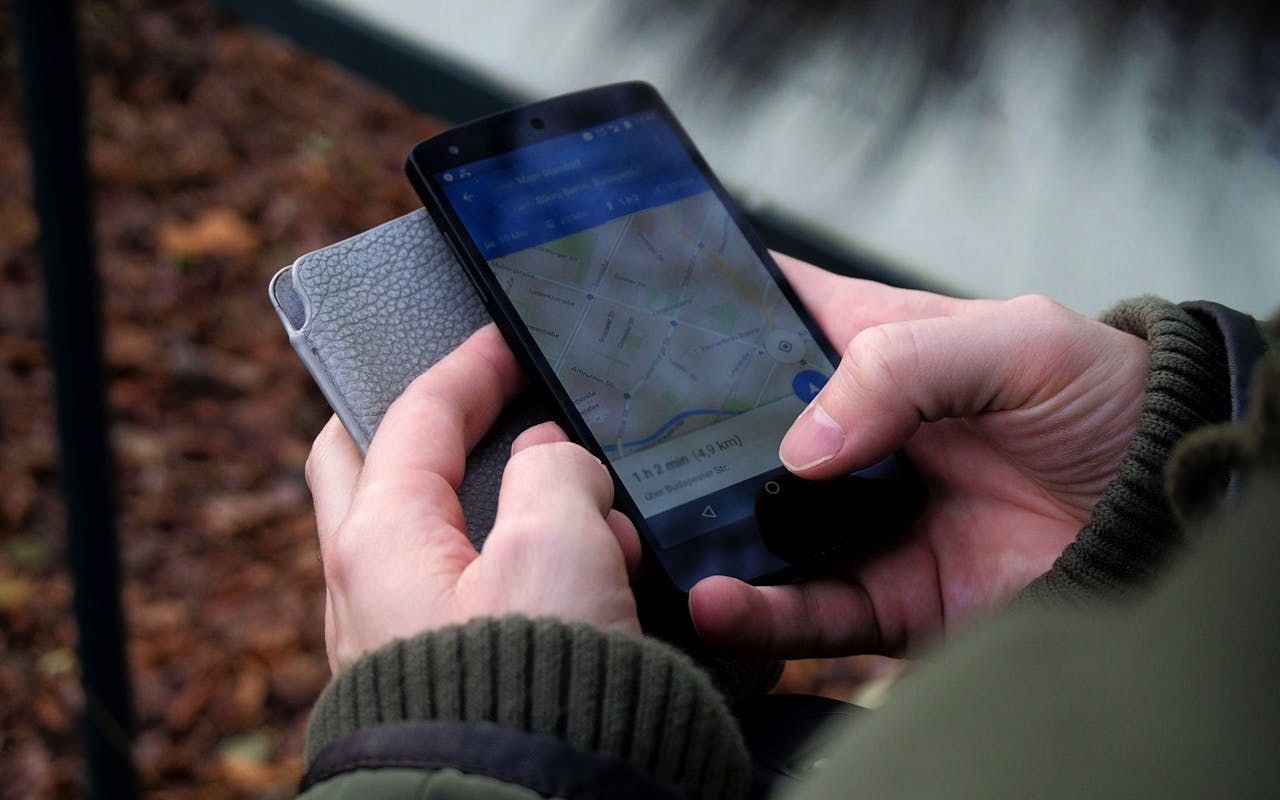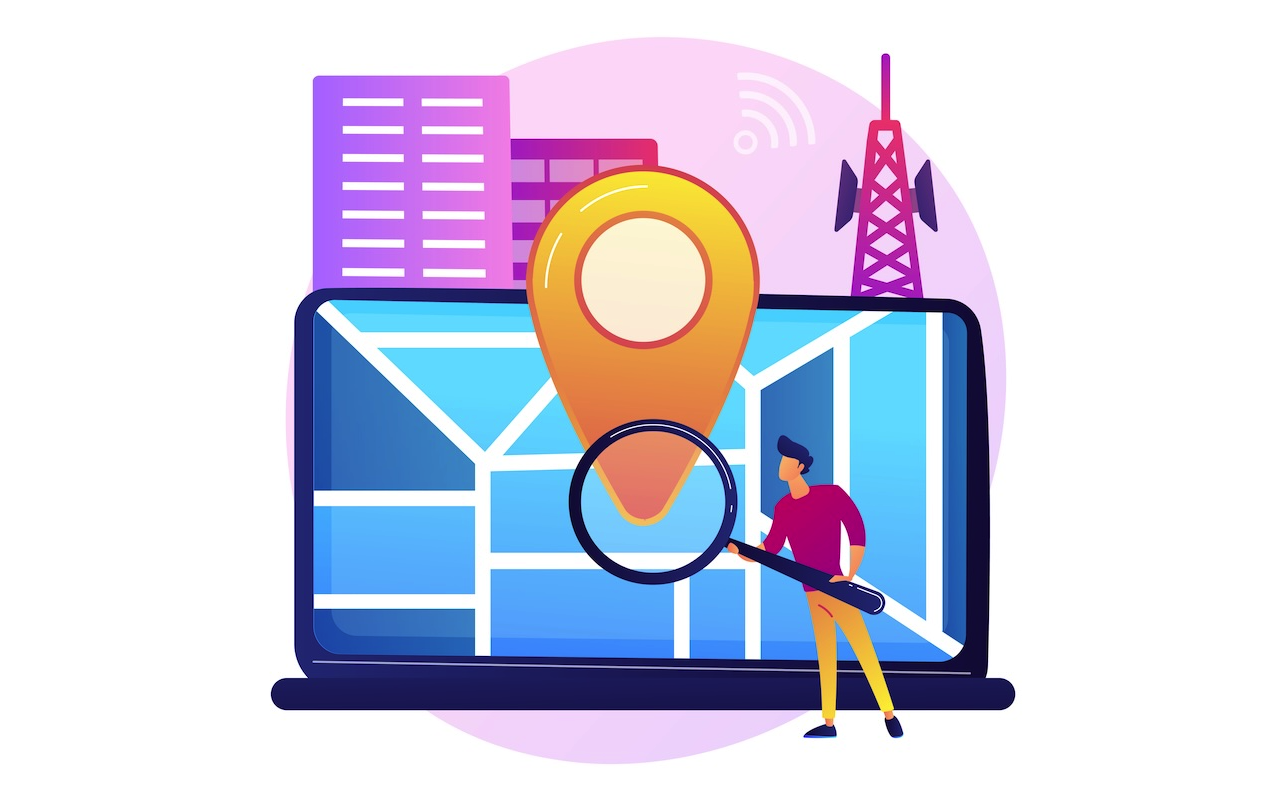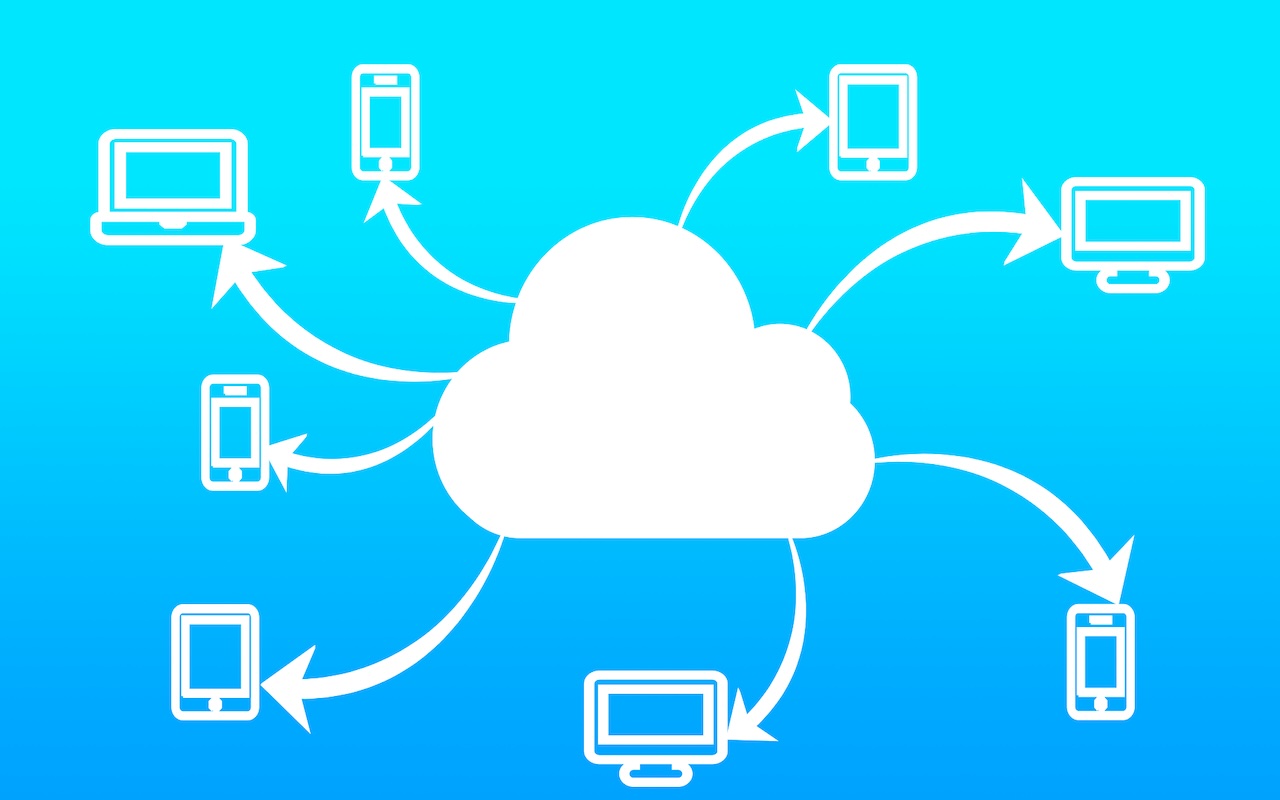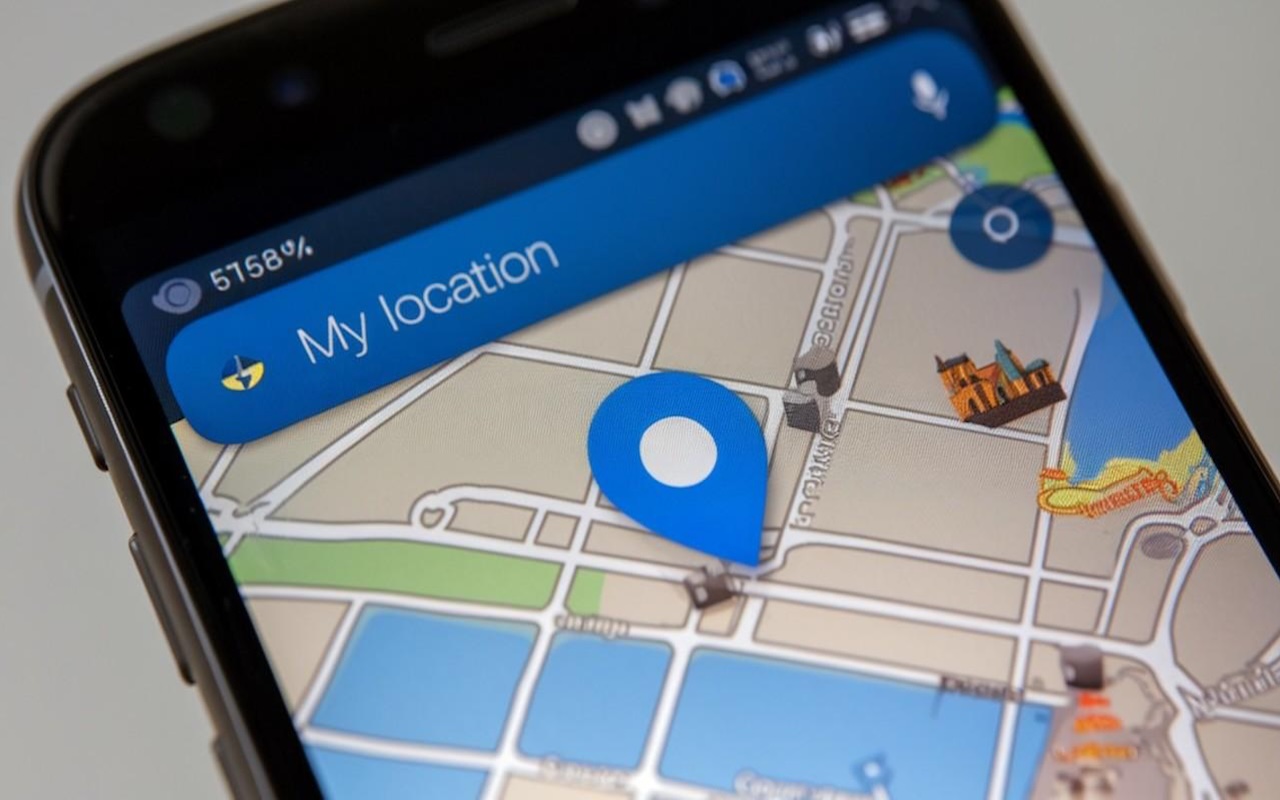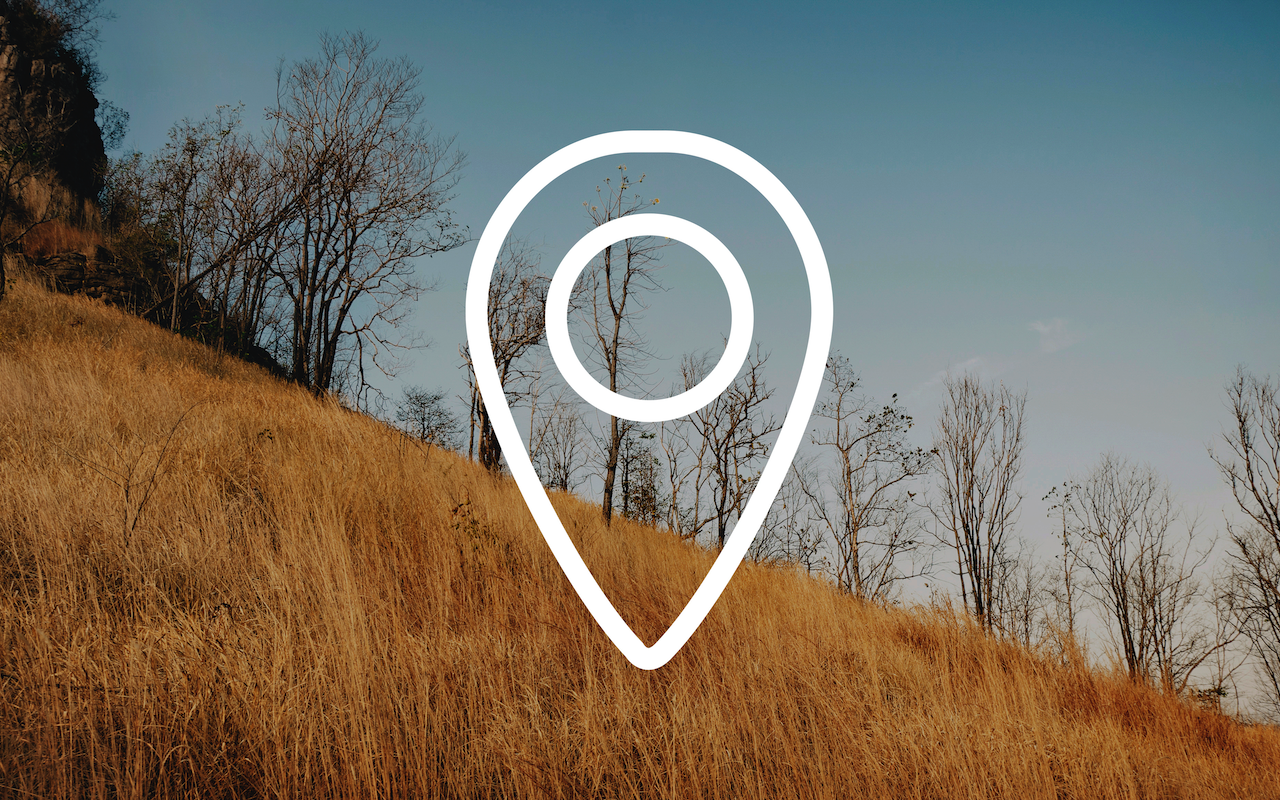
Whether you’re driving, following a food delivery, or mapping a workout with a fitness app, you’re most likely relying on GPS technology. What exactly is GPS, and how does it work? This beginner’s guide will break down the basics of GPS, explore its vulnerabilities, and introduce other technologies used for geolocation.

